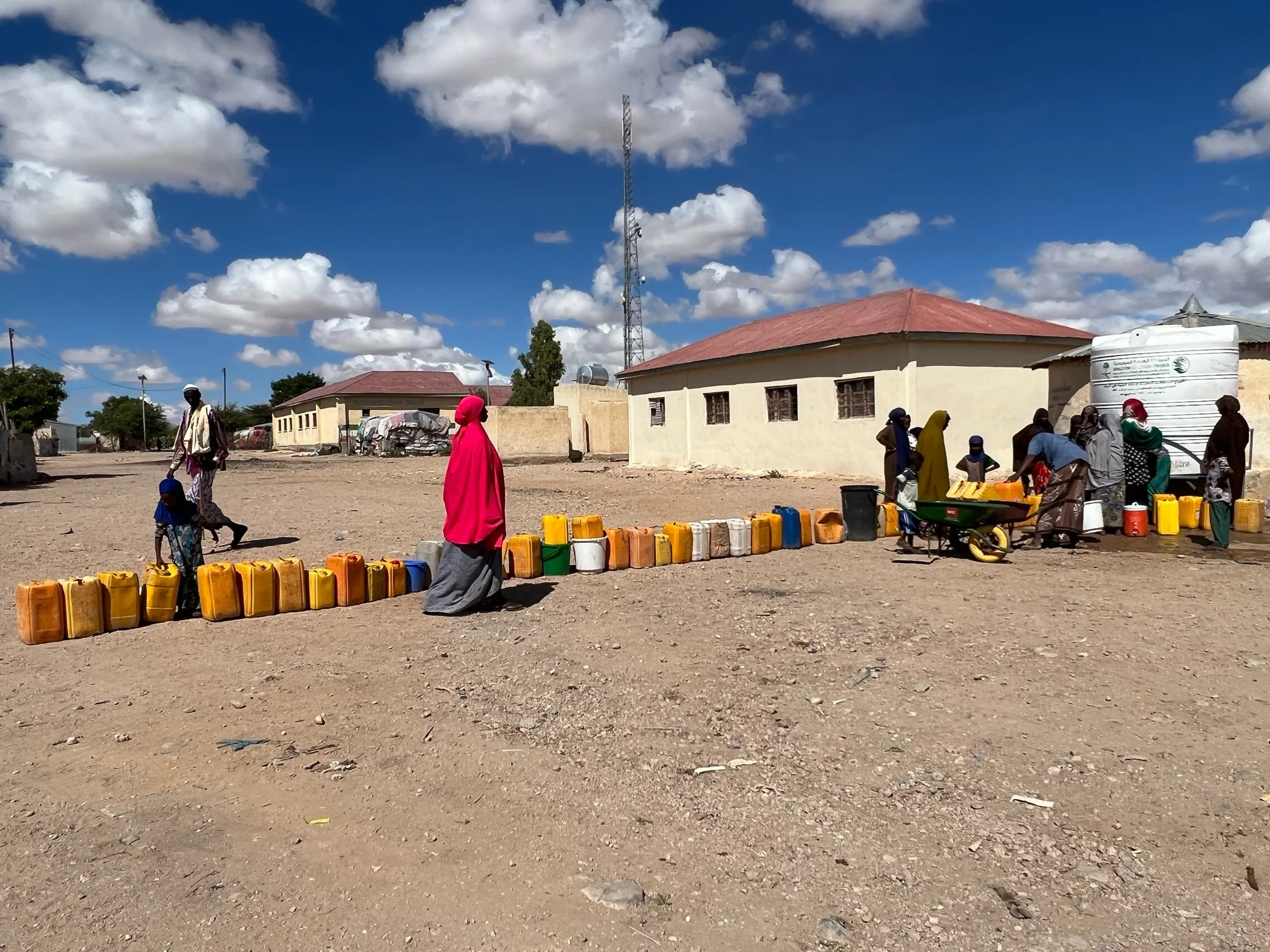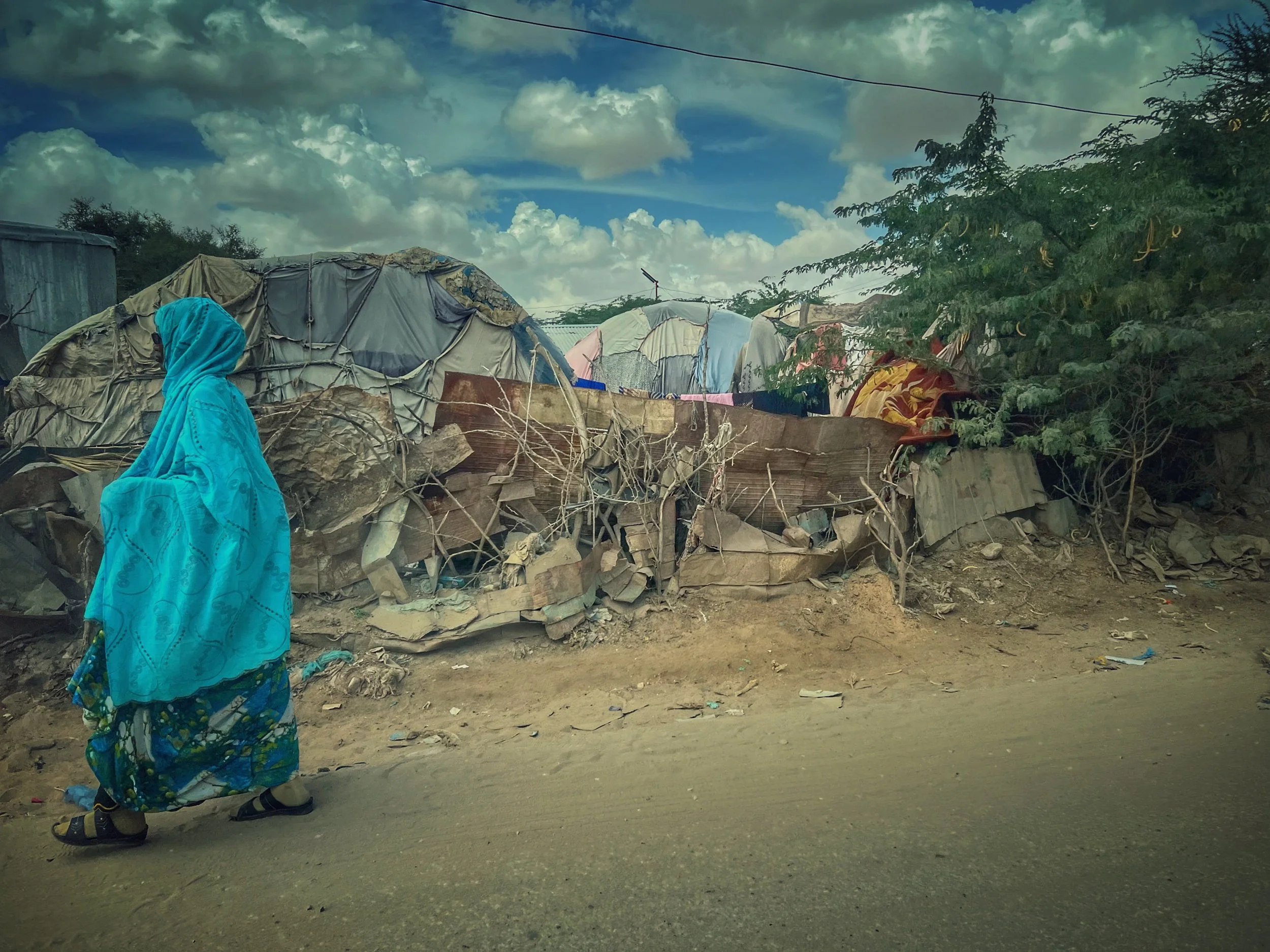“The international community must realize its responsibility to protect people displaced across borders by climate change impacts.”
This was the clear yet urgent message by Ian Fry, the United Nations Special Rapporteur on the promotion and protection of human rights in the context of climate change, as he presented his thematic report to the Human Rights Council in Geneva last month.
His report provides key recommendations for states and policymakers. First and foremost, he recommends the establishment of a new protocol under the 1951 Refugee Convention to give legal protection to persons displaced across international borders due to climate change, stating,“considering that the Convention relating to the Status of Refugees comes close to affording the type of protections that are needed, it would seem logical to establish a new protocol under the Convention to give protection to persons displaced across international borders due to climate change.”
Until such a protocol is established, the Special Rapporteur urges all nations to develop national legislation that provides humanitarian visas for persons displaced across international borders due to climate change. He also suggests that regional human rights bodies expand their definition of refugees to include these individuals, highlighting the importance of a multi-level approach.
Importantly, the report emphasizes how there is overwhelming concern about internal displacement—which places the obligation to respond on states who are already facing disproportionate climate change impacts and vulnerability—while ignoring the reality of cross-border displacement.
Part of the problem is a lack of clear information and data. Fry expressed concern that actors such as UNHCR and IOM have not provided a total assessment of the number of persons displaced internationally due to climate change.
Unfortunately, as the recent UN climate change conference demonstrated, many states continue to prefer a vague, wait-and-see approach when it comes to the human impacts of climate change. Fry’s report asserts that “it is now time to put aside this denial and accept the fact that a large number of people are being displaced across international borders due to climate change and that there is an international legal responsibility to properly protect them.”
On the critical issue of climate justice, Fry acknowledges that countries most affected by climate change should not bear the cost of protecting those displaced by climate change, as “the international community has a duty of care to such people.” In the broader context, globally, up to 3.6 billion people are living in countries with high human vulnerability to climate change. Yet, the majority of the world’s population are disproportionately affected by a crisis they had no part in creating. As Fry noted, “climate change is primarily caused by greenhouse gas emissions from major emitting countries” and there is “an important aspect of causality and international responsibility that must be considered when referring to climate change displaced persons.”
Despite this reality, countries who are responsible for this global crisis are responding through hostility and a securitized approach to climate displacement rather than responsibility sharing. The Special Rapporteur expressed concerns over how “countries that are historically most responsible for the climate crisis spend more money securing their borders to keep migrants out than on tackling the crisis that forces people from their homes in the first place.”
The result? More people are forced to endure perilous journeys to seek protection at the risk of their lives, such as when hundreds of people were left to drown in the Mediterranean last month. In fact, it is estimated that between 2014 and 2022, more than 55,000 people lost their lives while seeking a better life, although this is well-understood as a significant underestimate of the real death toll. Meanwhile, 76% of the world’s refugees are living in low-and middle-income countries as the Global North has not lived up to its commitments of responsibility-sharing for multiple crises exacerbated by Global North economic, climate and political policies.
Beyond legal protection, Fry urges states to develop funding arrangements to assist cross-border, climate change-displaced persons by addressing their vulnerabilities in a sustained way. His report rightly states that ad-hoc humanitarian support is inadequate in these situations, which instead demand new and additional funding arrangements, such as the loss and damage fund which states agreed to establish at COP27 last November.
In line with his title and mandate, Fry remarked on the human rights implications of climate displacement, explaining that individuals displaced across borders are at risk of facing multiple human rights violations, including the denial of their right to food, water, sanitation, housing, health, education and even their right to life. These vulnerabilities can be exacerbated due to characteristics such as age, gender identity, disability or health status.
Ultimately, the UN Special Rapporteur’s latest report is an urgent reminder that the time to take action on climate displacement is now. While aiming to develop a broader legal framework to protect the rights of those displaced across borders by climate change—such as enhancing existing refugee protections in the 1951 Refugee Convention, Latin American and African regional instruments like the Cartagena Declaration and OAU Convention, as well as exploring a new protocol to address cross border climate change-induced displacement — states must take immediate action to expand the provision of humanitarian visas and provide new, additional, and sustained financial support to ensure that human security is front and center in climate change response.
Photo by Amali Tower, Digaale Camp, Somalia


